Bullocks continue to trade off €4.15/kg to €4.20/kg this week, with heifers moving at €4.20/kg to €4.25/kg.
There appears to be a little opportunism creeping into the west, with a few factories paying out at different prices based on location.
Angus- and Hereford-bred cattle are still top of the picking list, with bonuses of between 10c and 20c/kg being paid for in-spec stock.
Donegal Meats is also still paying a 10c/kg bonus on carcases killing out between 300kg and 400kg.
Bull trade
Bulls are working off €4.15/kg to €4.25/kg for R grading bulls, with 5c to 10c/kg extra going for U grading bulls.
Younger under-16-month bulls are working off €4.10/kg to €4.15/kg on the grid.
Cow trade
The cow trade remains steady, with R grading cows still hitting €3.85/kg to €3.90/kg, with U grading cows making 5c to 10c/kg more.
O grading cows are also still strong, with €3.65/kg to €3.75/kg being paid for fleshed cows. P grading cows are generally being bought at €3.55/kg to €3.65/kg.
British retailers
Across the water, the British industry is still trying to grapple with huge issues around labour shortages in factories, a shortage of lorry drivers and issues around the supply of CO2 gas, which is used in packaging to prolong the shelf life of meat products.
The Irish Farmers Journal understands that a number of new contracts are close to agreement between some British supermarkets and Irish processors.
Retailers across the water are said to be nervous about the upcoming Christmas supply chain and are keen to avoid any situation where shop shelves are left empty, especially during periods where pre-Christmas offers on meat drive supermarket footfall.
Research has shown that beef is a major driver of supermarket footfall, so retailers treat meat contracts with high priority. This is good news for Irish beef finishers.
With processors locked into supermarket contracts, they will be eager to guarantee their own supply of finished cattle in the run-up to Christmas.
This will have a positive effect on price and should increase the chances of larger suppliers being issued with finishing contracts in the coming weeks.
Kill figures
Last week’s kill came at just under 36,000 again at 35,706, a slight drop on last week’s kill of 35,943 head.
Heifers saw the biggest drop, with over 500 fewer heifers slaughtered last week compared with the previous week.
The young bull kill dropped to just over 1,500 head last week.
Looking at the kill to date, we are currently running 75,000 head behind last year, with Bord Bia estimating that this gap will widen to 110,000 head.
IFA livestock chair Brendan Golden said: “It’s important that cattle are marketed as they become fit.
“Farmers are reminded that if cattle aren’t fit for slaughter, the mart is a real viable option.
“Factory agents are still very active around mart rings looking for cattle that require a short finish for their own feedlots. All the market indicators are good, with both retail and food service demand up on 2019 levels.”
NI comment
Beef prices are again unchanged this week in Northern Ireland, as demand is closely aligned with supply.
Base quotes for U-3 grading steers and heifers remains on 394p/kg (€4.88/kg inc VAT), although cattle are generally on a starting price of 400p/kg (€4.96/kg), with 404p to 406p/kg (€5 to €5.03/kg) sourcing the majority of prime animals.
Cull cows are in demand. But prices are stuck on a quote of 312p/kg (€3.87/kg) for R3 animals, with deals starting at 330p/kg (€4.09/kg).




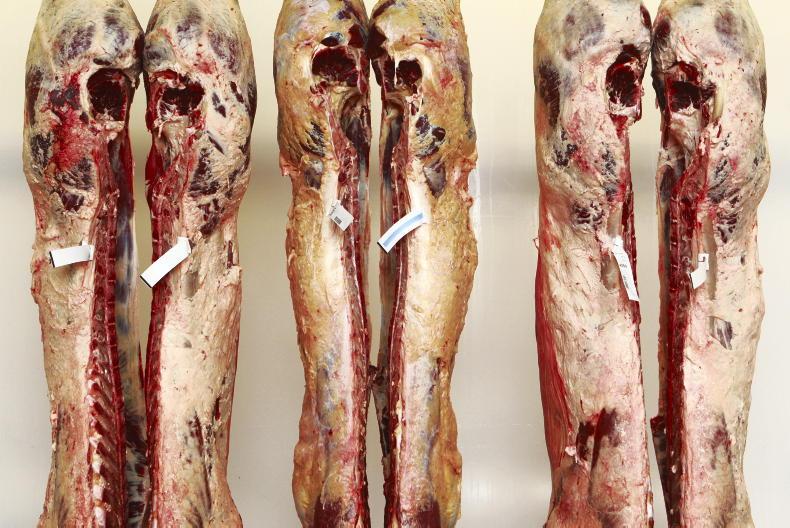
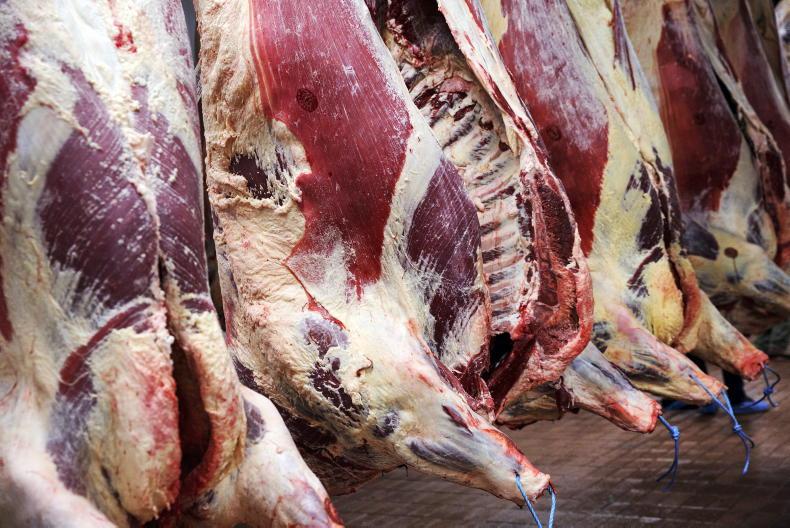

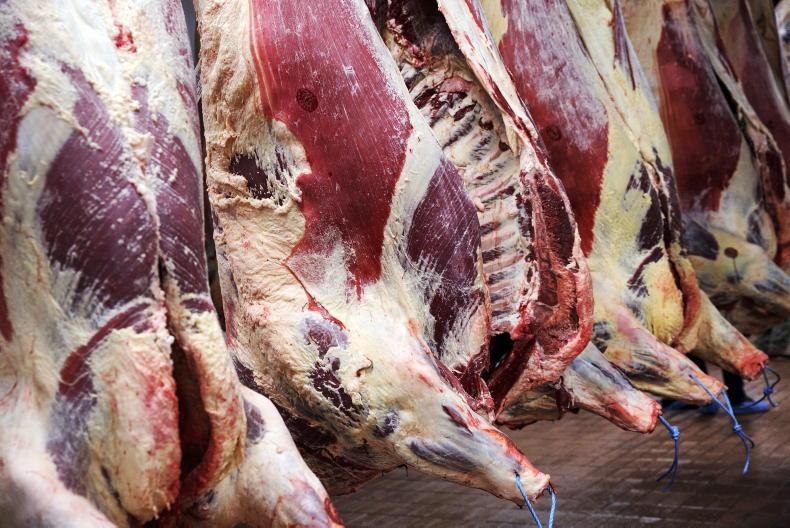
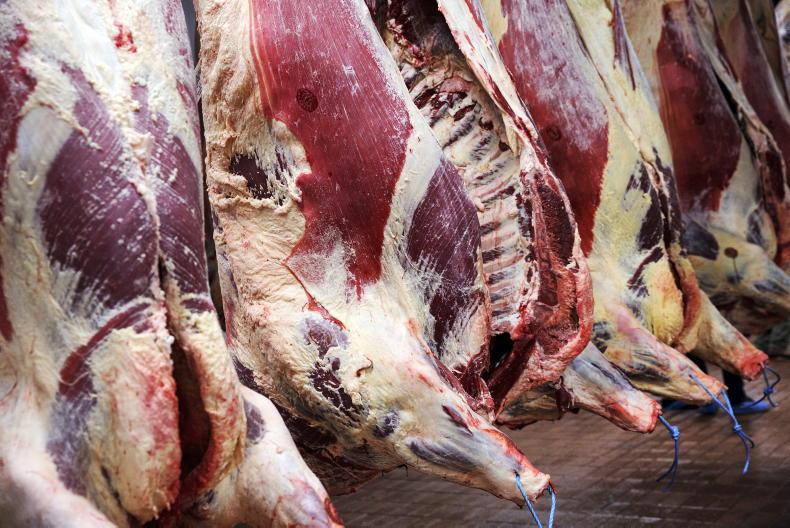
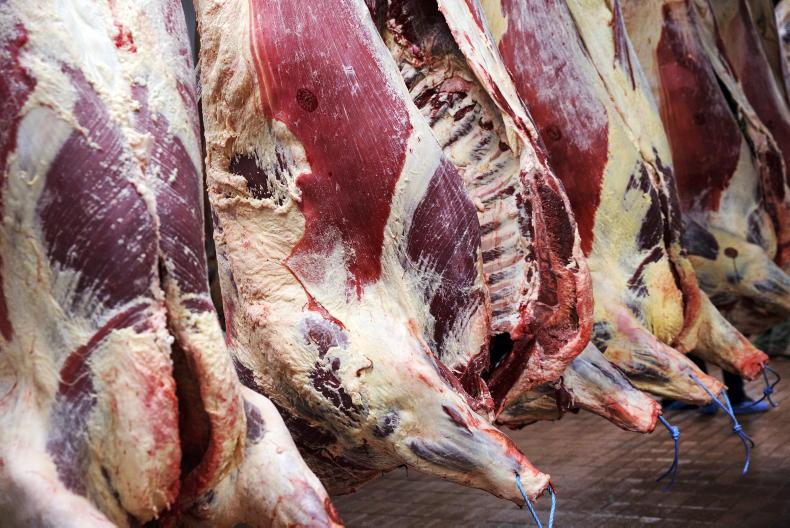
SHARING OPTIONS